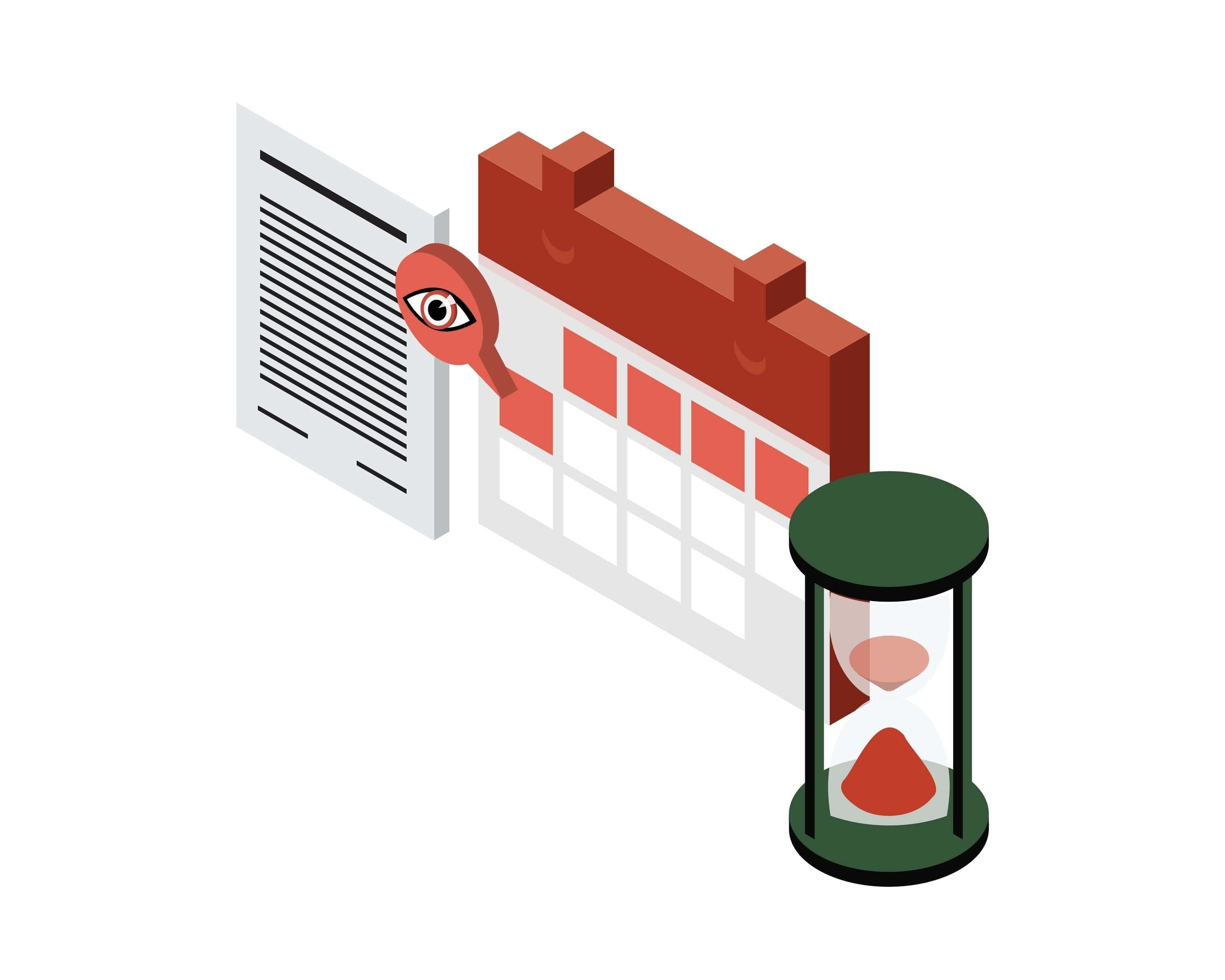As someone who values their family above all else, you undoubtedly want to ensure their happiness and independence, both now and in the future. That's why comparing term insurance vs health insurance policy is worth considering.
With term insurance, you can have peace of mind knowing that your loved ones will be taken care of even after you are gone. Similarly, if you are concerned about your family's health and well-being, a health insurance policy can help you avoid huge medical bills without breaking the bank.
It's important to plan ahead and make informed decisions before it's too late. Read on to understand the difference between term insurance and health insurance to make an informed decision about which one is right for you and your family.
What is Term Insurance?
Term insurance is a type of life insurance policy that provides coverage for a specific period or 'term.' If the insured person passes away during the term of the policy, the policy's death benefit is paid out to the beneficiaries designated by the insured.
Term insurance policies are typically more affordable than other types of life insurance policies because they offer only death benefit coverage, without any cash value or investment component. This makes them a popular choice for people who want to provide financial protection for their loved ones in the event of their untimely death, without committing to a more expensive, long-term policy. In India, the average term for term insurance policies typically ranges from 10 to 30 years. However, some insurers may offer shorter or longer terms based on the specific needs of the policyholder. The policy is renewable at the end of each term, although the premium may increase with age.
What is Health Insurance?
Health insurance is a type of insurance policy that provides coverage for your medical expenses. You pay a monthly or annual premium to the insurance company. In return, the insurance covers a portion of or all of the costs associated with your medical treatment. This includes hospitalization, surgery, doctor visits, prescription drugs, and other healthcare services.
The amount of coverage and benefits you receive will depend on the policy you choose. Some policies offer more comprehensive coverage than others. Health insurance policies can be purchased individually or as group policies by your employer.
In India, health insurance policies are regulated by the Insurance Regulatory and Development Authority of India (IRDAI) and are available from various public and private insurance providers.
Difference Between Term Insurance and Health Insurance
| Term Insurance | Health Insurance |
|---|
| Provides coverage in the event of the policyholder's death during the policy term | Provides coverage for medical expenses incurred by the policyholder during the policy term |
| The premium amount is usually lower than that for health insurance | The premium amount is usually higher than that for term insurance |
| Provides a lump sum payment to the beneficiaries in the event of the policyholder's death | Provides benefits that cover medical expenses incurred by the policyholder |
| Policies are typically renewable at the end of each term | Policies are usually renewed annually |
| Premiums paid are eligible for tax deductions under Section 80C of the Income Tax Act | Premiums paid are eligible for deductions under Section 80D |
| Does not have any investment component | Some policies offer investment options, such as unit-linked health insurance plans |
| Provides a fixed death benefit amount that is agreed upon at the time of purchase | Often comes with a coverage limit |
Types of Term Insurance Policies
- Level term insurance: This is the most basic type of term insurance policy. The coverage amount and premium remain fixed throughout the policy term.
- Increasing term insurance: With this type of policy, the coverage amount increases every year while the premium remains the same. This can be a good option for individuals who want to ensure that their coverage keeps pace with inflation.
- Decreasing term insurance: In this type of policy, the coverage amount decreases every year while the premium remains the same. This can be a good option for individuals who want to ensure that they have enough coverage during their working years.
- Return of premium term insurance: If the policyholder survives the term of the policy, they receive the total amount of premiums paid as a maturity benefit. This is a good option for individuals who want to ensure that they get something back if they outlive the policy term.
- Convertible term insurance: This type of policy allows the policyholder to convert their term insurance policy into a permanent life insurance policy (such as whole life or universal life) at a later date. It is done without having to undergo a medical examination.
- Group term insurance: This type of policy is typically offered by employers as a benefit to their employees. The coverage amount is usually lower than that of an individual policy. However, the premium is also lower.
Types of Health Insurance Policies
- Individual health insurance: This type of policy covers the medical expenses of an individual policyholder. The premium amount depends on the age, health status, and medical history of the policyholder.
- Family health insurance: This type of policy covers the medical expenses of the entire family under a single policy. The premium amount is usually higher than that of an individual policy. However, it can be a cost-effective option for families.
- Senior citizen health insurance: This type of policy is specifically designed for individuals over the age of 60. It covers age-related medical expenses, such as joint replacement surgeries, cataract surgeries, etc.
- Critical illness insurance: This type of policy provides coverage for specific critical illnesses, such as cancer, heart attack, stroke, etc. The policyholder receives a lump sum amount if they are diagnosed with any of the covered illnesses.
- Maternity health insurance: This type of policy covers medical expenses related to pregnancy and childbirth. It may also cover postnatal care and vaccination expenses for the newborn.
- Group health insurance: This type of policy is typically offered by employers or associations as a benefit to their employees or members. The coverage amount is usually lower than that of an individual policy. The premium is also lower.
- Personal accident insurance: This type of policy provides coverage in case of accidental death or disability. It may also cover medical expenses incurred due to an accident.
Takeaway
The differences between term insurance and health insurance are distinct and cater to very specific financial goals in your life. If you're looking to secure your family's financial future in case of your untimely demise, term insurance can provide the necessary protection. On the other hand, if you want to cover medical expenses related to illness or injury, health insurance is the right option for you.
When comparing term insurance vs health insurance, it's important to understand the difference between them and assess your individual needs and financial goals before making a decision. Remember to carefully read the policy terms, conditions, and premium amounts to ensure you choose the right policy that provides adequate coverage and peace of mind. You can visit the Aditya Birla Health Insurance website and learn about the best health insurance plans that suit your needs.






 1800-270-7000
1800-270-7000










